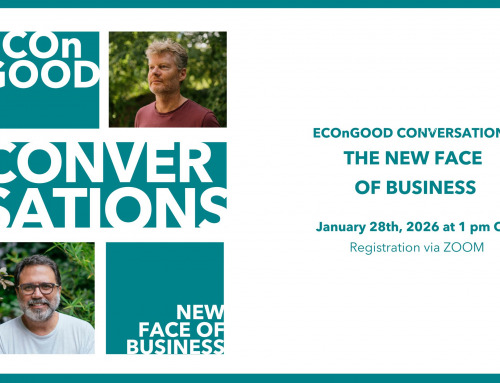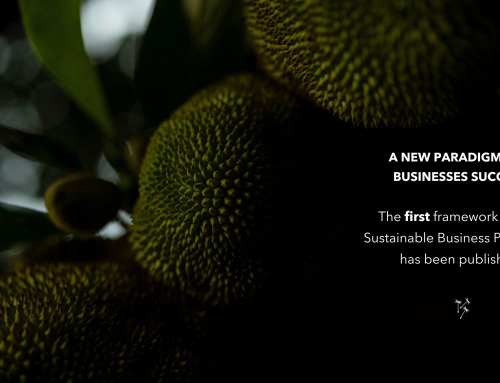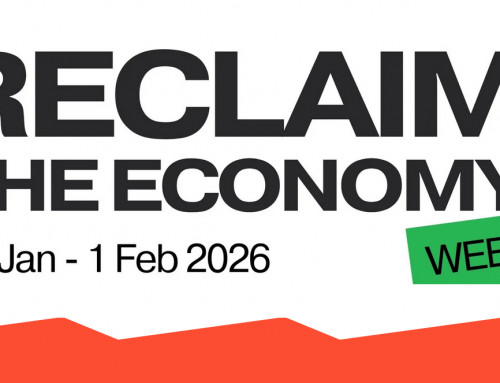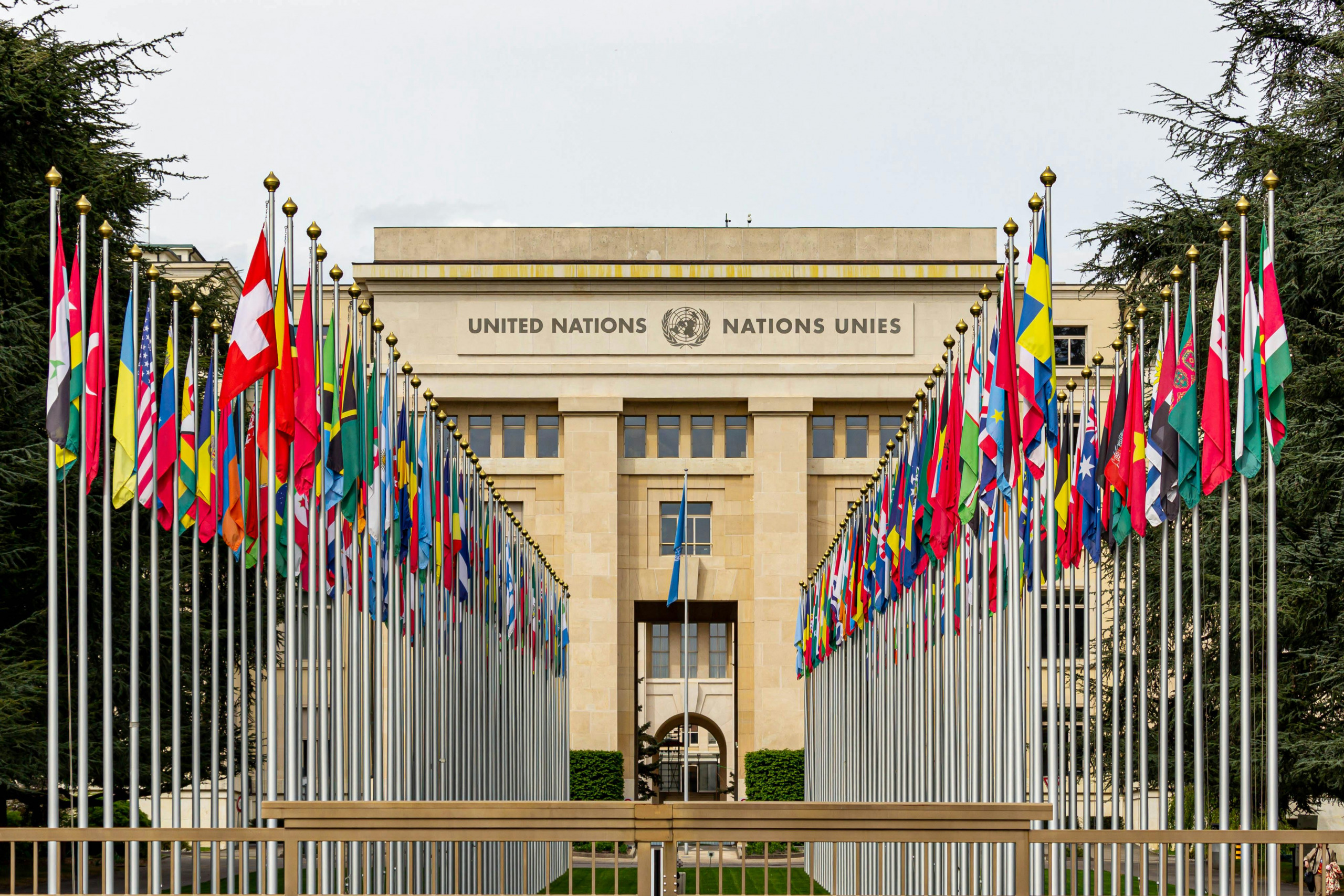
ECOnGOOD Contributes to Global UN-Led Initiative
The world is at a critical juncture. Despite decades of promises, an estimated 575 million people will still live in extreme poverty by 2030. Growth-focused strategies have not only failed to eradicate poverty, but have also widened inequalities and accelerated environmental degradation.
To address this impasse, Olivier De Schutter, United Nations Special Rapporteur on Extreme Poverty and Human Rights, has launched the Roadmap for Eradicating Poverty Beyond Growth. This 18-month initiative builds on his 2024 report “Eradicating Poverty Beyond Growth” (A/HRC/56/61), which called for a shift towards a human rights economy, an economic system where human dignity, equity, and planetary wellbeing are the guiding principles.
What is the Roadmap?
The Beyond Growth Roadmap aims to answer not only why change is necessary and what it could look like, but also how this transformation can be achieved in practice. It will set out a toolbox of concrete policy measures for governments and international actors, organised under five pillars:
- Universal social protection and essential services
- Labour policies and the care economy
- Economic systems transformation
- Climate, environment, and resource management
- Trade, finance, debt, and global solidarity
These measures will be adaptable to different governance levels, from local to global, and designed to align social justice with ecological sustainability.
The challenges for low income countries
The report shares how economic growth in the Global South from the past years did not lift millions out of poverty. Due to colonialism, wealth creation in those territories mostly rely on exploiting cheap workforce and on the extraction of natural resources that often are used to produce good for the Global North and also to reduce foreign debt.
De Schutter states that growth in the Global South remains necessary and it should be supported, but this can’t be associated with an increase in GDP, but by increased social and ecological wellbeing.
A Global Co-Creation Process
Since early 2025, the initiative has been co-constructed with UN agencies, Member States, trade unions, civil society organisations, grassroots movements, and academic experts. Over 160 contributions have already been submitted, reflecting strong global engagement.
On 22 September 2025, ECOnGOOD joined peers from around the world in an online civil society consultation, providing feedback on the first consolidated draft of policy proposals.
ECOnGOOD’s Role and Contribution
ECOnGOOD contributes to the Roadmap with proposals on economic systems transformation and ethical world trade. Our work promotes the Economy for the Common Good, with tools like the Common Good Product and Common Good Balance Sheet that measure success beyond GDP. We also advocate for a UN-led Ethical Trade Zone (UNETZ) to replace WTO “free trade” with rules that prioritise human rights, ecological sustainability, and fairness in North–South relations. Together, these contributions aim to ensure that global trade, finance, and governance serve the common good of people and planet.
Expected Outcomes
The Beyond Growth Roadmap will be presented to the UN Human Rights Council in June/July 2026. Its influence is expected to be wide-reaching:
- Feeding into the next generation of Sustainable Development Goals (SDGs),
- Informing debates at the Second World Summit for Social Development (Doha, November 2025) and the Fourth International Conference on Financing for Development (Seville, June 2025),
- Supporting the Global Alliance on Beyond GDP launched in 2025, and
- Providing governments with a practical blueprint to eradicate poverty within ecological limits.
Contributors and Collaboration
The Roadmap is being co-created by a broad alliance of UN agencies, Member States, academics, and civil society organisations worldwide. ECOnGOOD is proud to contribute its tested tools and visionary proposals to this process, helping to translate the idea of “Beyond GDP” into concrete global policies for justice, solidarity, and sustainability.
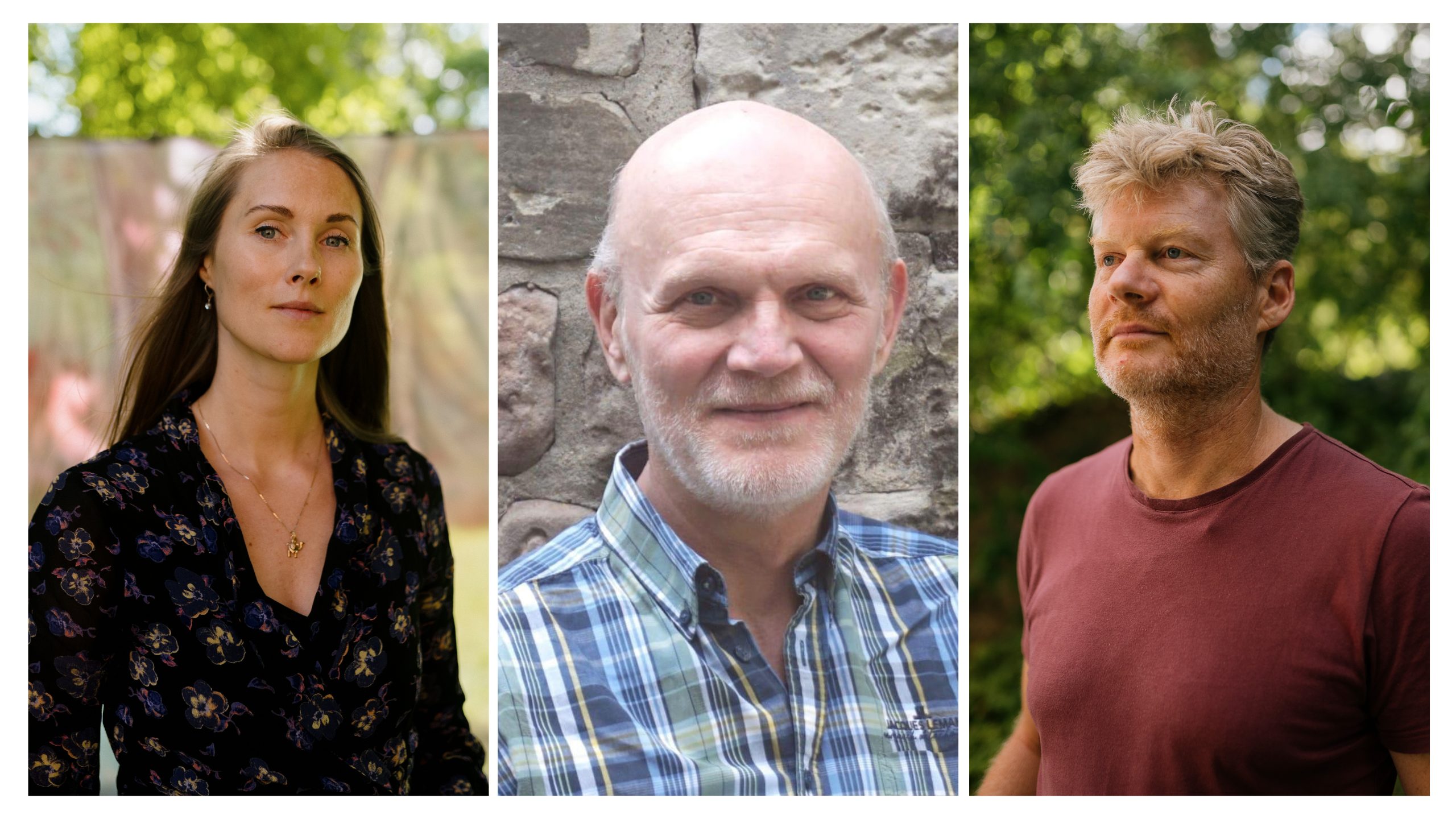
Sophie Gripenberg, Walter Kern and Christian Felber from ECOnGOOD collaborated to the report.

